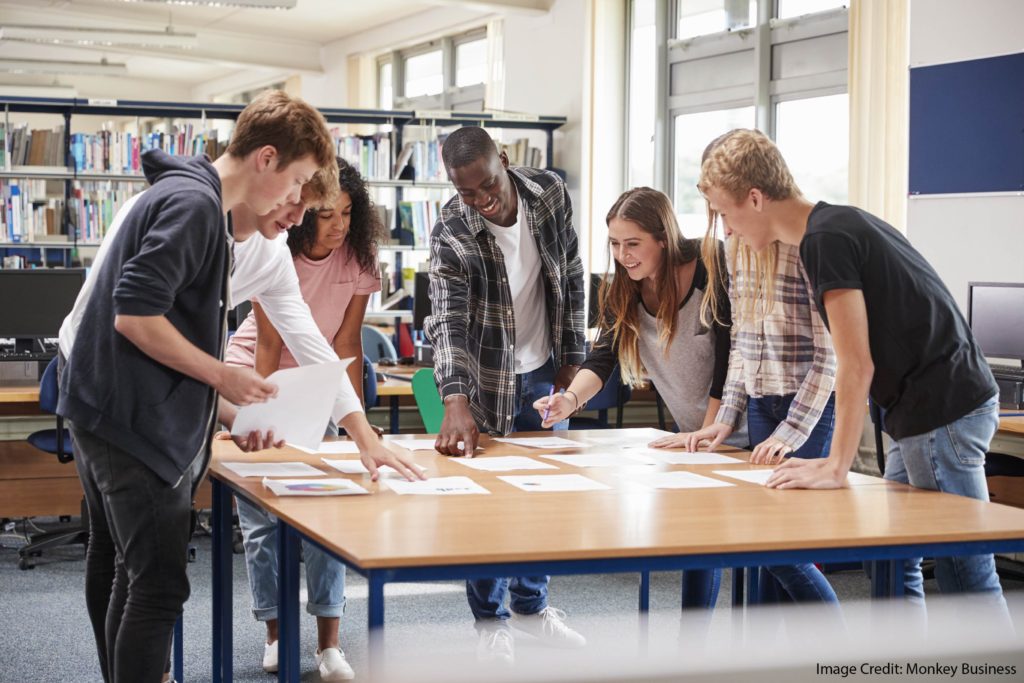A recent post on a well-known education blog beats up on that old nemesis: “rote memorization.”
To highlight this point, the author links to a study on the benefits of “the generation effect.”
When students try to guess at answers to questions, they’re likelier to remember the correct answer even if their initial guess was wrong.
Here’s the study.
Presumably, the study compares “the generation effect” to “rote memorization.” Presumably it concludes the former helps more than the latter.
Nope. Not a bit of it.
This study, instead, looks at different kinds of mistakes that students might make when they guess. It concludes that nearby guesses help, but far away guesses don’t.
Here’s the researchers’ summary: “errors benefit memory to the extent that they overlap semantically with targets.”
The study just isn’t about rote memorization. (Just to be sure, I checked with the study’s lead author. She confirms my understanding of the research.)
Lesson Learned
If you can’t even trust [name-of-well-known-education-blog], what can you do? How can you trust any news from the interwebs.
Here’s my advice:
First: anyone who quotes research should link to it. If you can’t find the link quite easily, don’t make any changes to your teaching.
Second: click the link. (Don’t yet make any changes to your teaching.)
Third: feel a little nervous. You’ve got several daunting pages of big words and bizarro graphs.
Fourth: Think about giving in and just making the changes that the article suggests. Don’t give in to that impulse. No changes yet.
Fifth: read the first paragraph of the research. It’s called the “abstract,” and it should summarize what the researchers did and what they concluded.
If the abstract DOESN’T include the point you read on the website, then you’re done. The research doesn’t focus on the argument that the blogger is making, and so shouldn’t have been cited in the first place.
Lesson learned. Nothing to see here. Move on.
In this case: when you read the abstract about the generation effect, you’d see that it never mentions rote memorization.
Of course, if the abstract DOES include that point — now you can start taking the blog seriously. You might not decide to change your teaching, but at least you’ve got an argument worth considering.
Flipping the Script
I had a similar experience (in reverse) about a month ago. This blog’s software notified me that another blog had linked to my article on omega-3 fish oil.
That post isn’t obviously the sexiest one on the website, so I was a bit surprised to see it getting internet love.
A brief investigation showed that the link came from a website in a foreign language — one that encouraged pregnant women to buy omega-3 fish oil supplements.
Hmmm.
My article summarized research showing that such supplements don’t help with working memory or in-school behavior. Not so much about benefits for pregnant women.
It seems clear that this other blog assumed its readers a) wouldn’t click on the link, and b) if they did, they wouldn’t be able to read English well.
The link was there to fool their readers, not help them.
The Headline
When we see a blog link to research, we can feel reassured. At the other end of the link, doubtless, lies research supporting the author’s point.
Don’t believe it. Don’t trust. Verify.
Click the link. Read the abstract…







